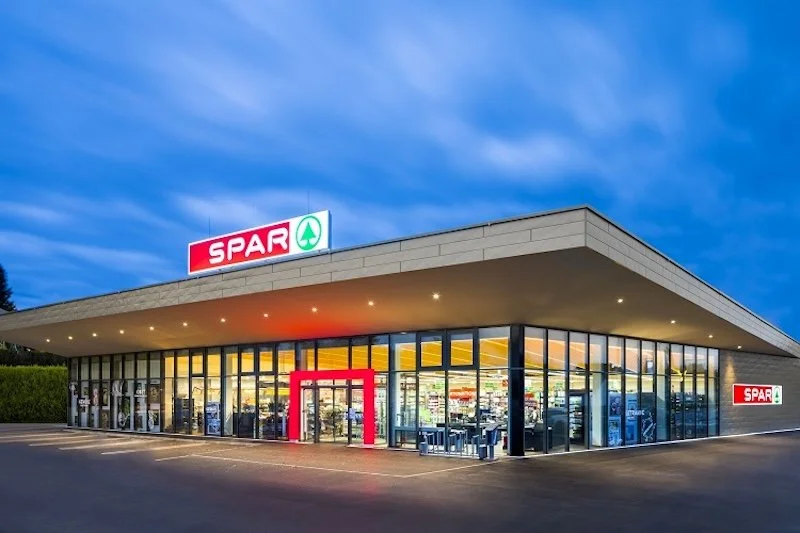commercetools report exposes urgent risks retailers face by delaying upgrades to e-commerce systems
Composable commerce specialist, commercetools, has published a report analysing insights on the replatforming and migration strategies of business and technology leaders across retail, B2B manufacturing, and consumer packaged goods sectors.
The report surveyed businesses with over $500 million in annual revenue, where e-commerce accounts for at least 10% of sales.
In 2024’s challenging market conditions, shifting consumer demands are driving enterprises to make strategic IT investments, particularly in e-commerce platforms that deliver a quantifiable return on investment, quickly.
Priority is given to technologies that not only strengthen the ability to compete but ones that also support in capturing market share in increasingly complex environments. According to the report, the top metric for evaluating the success of a new e-commerce platform is its ability to create and maintain a competitive edge.
"The number one buying trigger for e-commerce migrations is the need to create better user experiences, as this allows for differentiation and helps businesses compete. Failure to innovate can, and likely will, result in significant business repercussions," says Kelly Goetsch, Chief Strategy Officer at commercetools.
"Companies relying on monolithic e-commerce platforms face increased challenges due to their inflexibility, lack of agility, limited scalability, and higher operating costs compared to composable solutions. These technological limitations directly impact an organisation's ability to enhance customer experiences and maintain competitiveness in a demanding market."

As businesses work to stay ahead of innovation and meet increasing demands for hyper-personalised experiences, 41% of those who recently switched platforms cited improving customer experience as their primary reason for the change.
Closely behind were the needs for greater customisation and flexibility (38%), and advanced features like AI driven recommendations and analytics (38%).
For those planning to migrate to a new platform, urgency is high - 77% are aiming to make the transition within the next year. This comes as only 14% of respondents expressed satisfaction with their current e-commerce platform.
Key frustrations driving the need for change include limited scalability (35%), delayed previous implementations (31%), subpar customer support (31%), poor user experience (31%), and a lack of advanced functionality (31%).
Additional findings include:
● 90% of recent migrators experienced sales and revenue improvements, with 30% of respondents reporting that their sales increased by 30% or more, and 42% of respondents reporting revenue growth of 10% or more.
● 94% of respondents reported that their migration significantly improved their site performance, and 86% also said their new platform offered more customisation, while 62% said it was easier for the organisation to use.
● When measuring the success of an e-commerce platform, businesses are paying the closest attention to the platform’s ability to enable an organisation to compete (67%), followed by total cost of ownership (56%) and customer satisfaction scores (56%).
● 92% of recent migrators said they were satisfied or very satisfied with their migration to a new e-commerce platform.
● 83% of respondents had a favourable perception of composable commerce.
● Data security and integrity remains at the top of businesses’ priorities, with 36% of potential migrators reporting this factor as the leading hurdle to their migration. Yet, among respondents who had recently switched platforms, only 3% felt their data was not secure through the migration, indicating that most did not experience increased vulnerabilities.
2024 RTIH INNOVATION AWARDS
E-commerce is a key focus area for the sixth edition of the RTIH Innovation Awards, which is now open for entries.
The awards, sponsored by CADS, 3D Cloud, Retail Technology Show 2025, and Business France, celebrate global tech innovation in a fast moving omnichannel world.
It’s free to enter and you can do so across multiple categories.
Key 2024 dates
Friday, 25th October: Award entry deadline
Tuesday, 29th October: 2024 shortlist revealed
30th October-6th November: Judging days
Thursday, 21st November: Winners announced at the 2024 RTIH Innovation Awards ceremony, to be held at RIBA’s 66 Portland Place HQ in Central London.






























Continue reading…